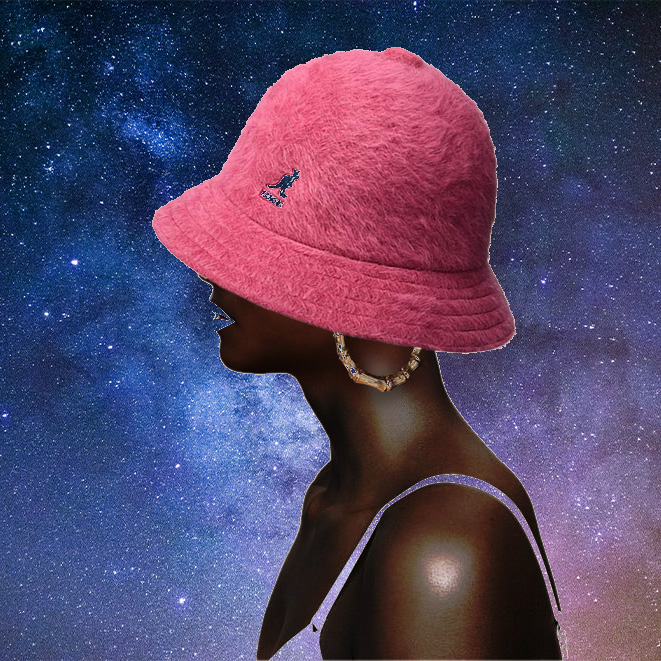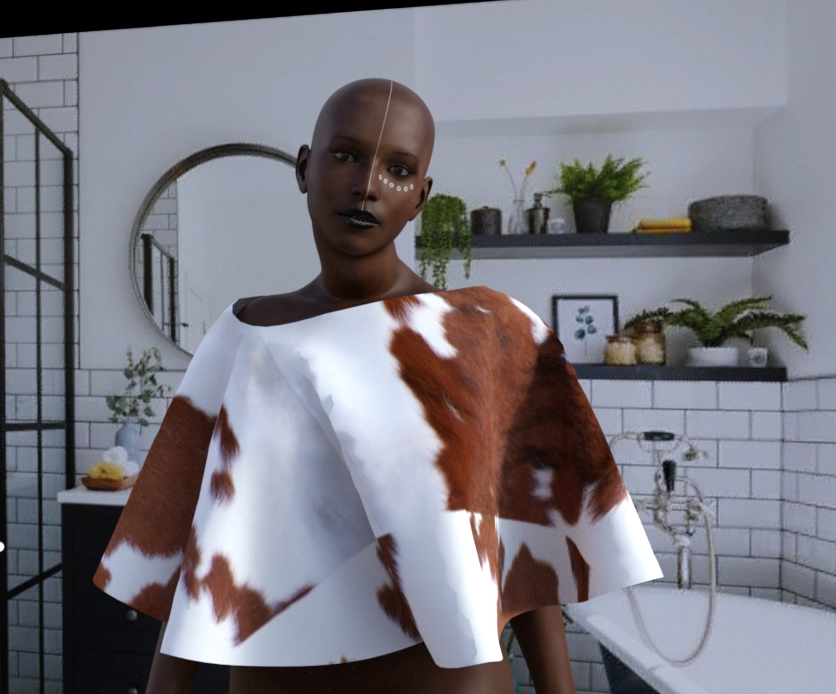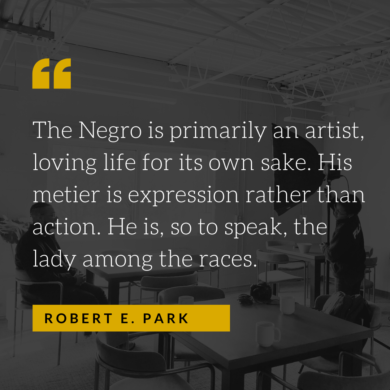South Africa has welcomed its first virtual influencer, a model named Kim Zulu. Created by Emojis – the Johannesburg, South Africa-based digital agency – the model made her first appearance on March 22, 2020. Since her debut, Zulu has attracted more than 2,000 followers on Instagram, along with a slew of fashion brands. Not just any brands, however. The stylish Humanoid landed herself a collaboration with Kangol, the renowned British accessory company famous for its headwear.
South Africans immediately show affection to anyone in whatever form, colour or shape, without judgment. And that’s emotionally powerful.
She might be Computer Generated Imagery (CGI) but she is quite easy on the eyes, which makes her existence easier to digest for tech skeptics. Zulu is beautiful and stylish, her dark skin and bald head are among the features that make the model a trendsetter. Her features should come as no surprise, as Africa’s population is home to melanin-skinned people. However, as it stands, influencer culture has a particular aesthetic: racially ambiguous skin tones with borrowed features distinct to specific races. Writer Jia Tolentino discussed “Instagram Face” in a piece for the New Yorker, saying “The face is distinctly white but ambiguously ethnic.” That is not the case with this influencer. Kim Zulu’s blackness is uncontested, and the South African flag is propped proudly across her social media.
Moreover, the growth of virtual models worldwide has equipped independent players in the fashion industry with new techniques to engage audiences. Infusing elements of Afrofuturism in contemporary popular culture just may be the bridge to reaching consumers within the broader African Diaspora. Welding technology for creative entrepreneurs has never been more vital, considering the state of affairs. Zulu’s arrival could not be more timely, as South Africans (along with the rest of the world) are spending more time in digital spaces due to lockdowns caused by the COVID-19 (Coronavirus) Pandemic. With production cancellations and clenched wallets, designers and creatives alike are forced to respond to threats of its economic impact through experimentation. Brands are leaping in the right direction with tech-enabled marketing strategies infused with visuals inspired by Afro-diasporic aesthetics, design, and culture.

Anifa Mvuemba, founder and designer of Hanifa, tested 3D models for her latest collection in the wake of COVID-19. On May 22, Mvuemba will stream her Pink Label Capsule debuted via Instagram Live with a lineup complete with virtual models. Mvuemba is now the first fashion designer to present a collection virtual using only 3-D models. On the media front, Naj Austin of Ethel’s Club launched a 24-hour Film platform for creators and artists. Then there is Zulu. A disruptive newcomer to the Influencer landscape, slated to become a top marketing perk for fashion brands.
For the model, it is a prime time to plunge into social media. An endeavor she seems to enjoy.
This interview has been condensed and edited for clarity.



